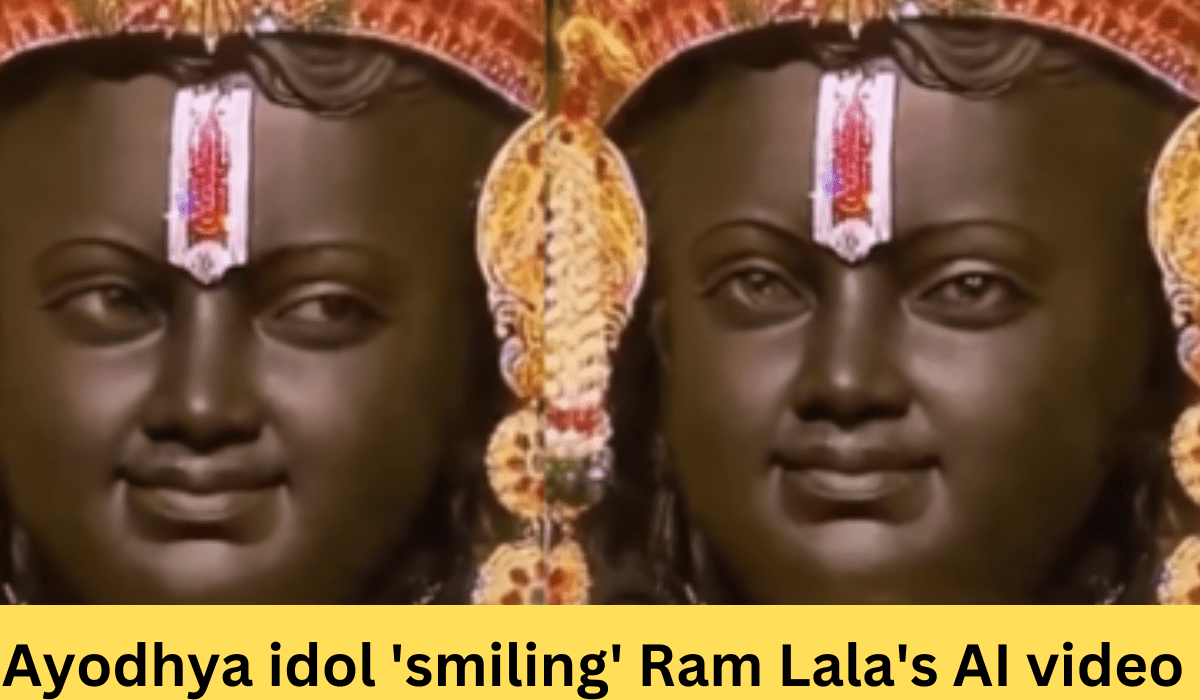Nayanthara’s “Annapoorani” offends Hindu emotions by bringing up the “Lord Ram ate meat” discussion.
Nayanthara’s latest film, “Annapoorani,” is causing a stir over a dialogue suggesting Lord Ram was a meat eater. Former Shiv Sena leader Ramesh Solanki has taken action, filing a police complaint, claiming the film is ‘anti-Hindu.’ Solanki emphasizes scenes promoting Love Jihad and a Hindu priest’s daughter offering Namaz to cook Biryani. Urging Mumbai Police and Maharashtra Home Minister Devendra Fadnavis to intervene, he contends the film’s release, coinciding with the Pran Pratishtha of Bhagwan Shri Ram Mandir, is a deliberate attempt to hurt Hindu sentiments.
Key points of contention include:
- A daughter of a Hindu Poojari offering Namaz to cook Biryani.
- Promotion of Love Jihad in the film.
- Farhan (Actor) influencing the actress to eat meat, claiming Bhagwan Shri Ram was also a meat eater.
“Annapoorani” tells the story of a woman aspiring to be a cook, facing challenges on her journey. Released in cinemas on December 1, 2023, the film has received mixed reviews.
Solanki’s plea for action against the film underscores the sensitivity of the timing, coinciding with the Pran Pratishtha of Bhagwan Shri Ram Mandir, a momentous occasion for Hindus worldwide. The urgency of his call to Mumbai Police and Maharashtra Home Minister Devendra Fadnavis signals the gravity of the perceived offense.
I have filed complain against #AntiHinduZee and #AntiHinduNetflix
At a time when the whole world is rejoicing in anticipation of the Pran Pratishtha of Bhagwan Shri Ram Mandir, this anti-Hindu film Annapoorani has been released on Netflix, produced by Zee Studios, Naad Sstudios… pic.twitter.com/zM0drX4LMR
— Ramesh Solanki🇮🇳 (@Rajput_Ramesh) January 6, 2024
Despite the controversy, Nayanthara and Netflix India have not issued a response, leaving the situation unresolved and prompting speculation about their stance on the matter. The silence adds to the intrigue, leaving audiences and critics alike curious about the filmmakers’ perspective and whether adjustments or clarifications will be made.

In the dynamic landscape of Indian cinema, where cultural nuances are often under scrutiny, the clash between creative expression and societal sentiments continues to shape the industry’s narrative. As this controversy unfolds, it serves as a reminder of the intricate relationship between art, culture, and the responsibility that comes with storytelling, especially when dealing with religious themes that hold deep significance for many





